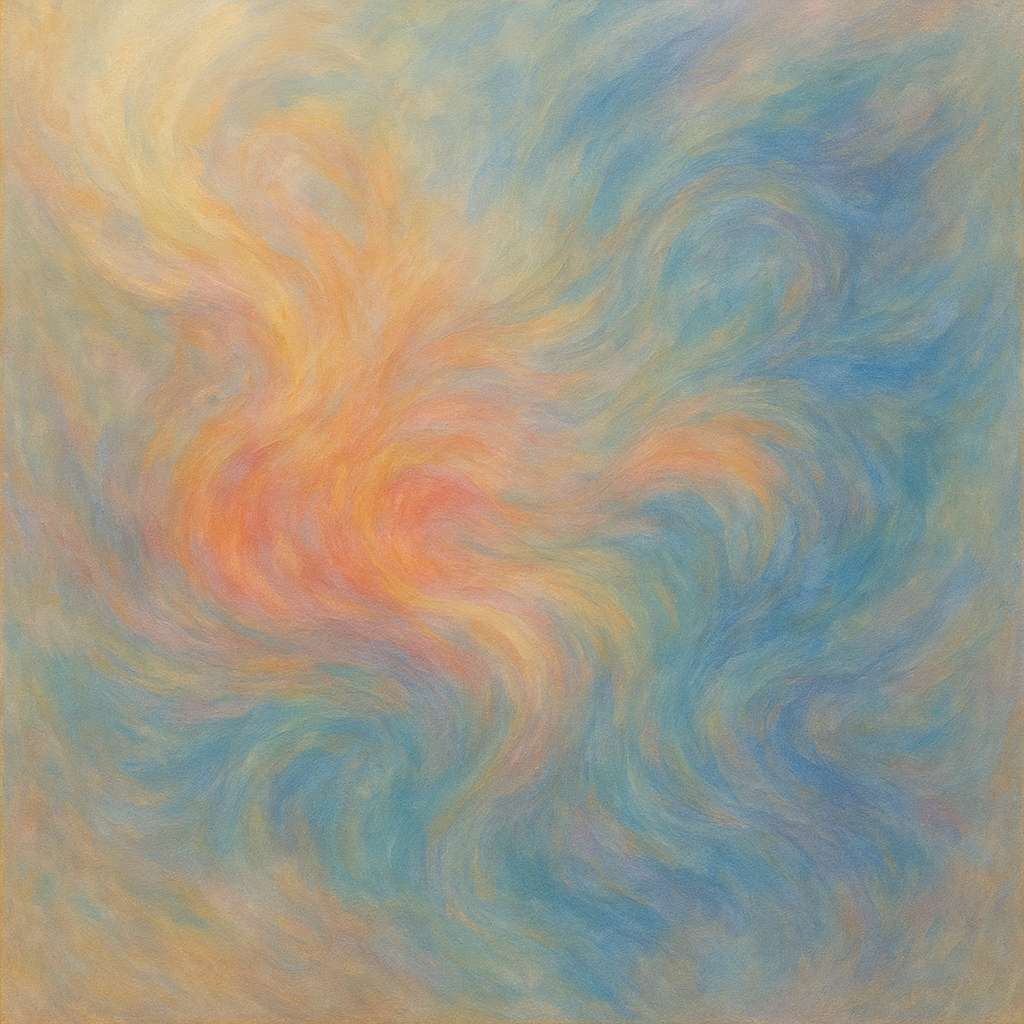memoir as a tapestry
memory isn't linear—and neither is a memoir
The best way to write a memoir is the way your brain actually works: non-linearly.
Memories don’t always come when called. They show up unexpectedly—sparked by a photo, a song, a smell, a street you once walked.
You don’t need to lock yourself in a cabin for days on end, forcing recollection like a serious or romanticized writer. Sure, that works for some, especially if you have the luxury of time and space. Even better if you can summon vivid memories at will.
But for most of us? That’s not how memory works.
triggers are the real writing prompts
Memories are stored in strange, layered ways—and they often need a trigger. A sensory detail. A familiar place. A taste you forgot you loved.
I've seen this most clearly with my grandmother in Switzerland. Walking through her childhood town, she lit up with stories: running around the walnut tree with her brothers, delivering eggs and milk to the townspeople, pointing out the church she once attended. Even looking across Lake Geneva toward France, she recalled her mother’s stories of the war—watching France on fire from across the water.
Would any of that have come up if we were just chatting in her Southern California kitchen? No way.
Memory needs a nudge.
capturing the unexpected
I've been thinking more seriously about writing my own memoir. Out of appreciation for the journey. A desire to capture the randomness, the wild twists and turns of my life that somehow led me here.
Sometimes it’s a tiny moment that changed everything.
A passing comment in high school history class from another musician made me aware of Northwestern University: “They have a great music school.” That planted a seed. I later discovered they also had a strong writing program. That was it. I applied. No parental guidance, no big research process. Just a moment.
Same with guitar. My dad bought me one for my 14th birthday. I didn’t even touch it at first—I said I’d only play it if I had lessons. So my uncle gifted me six months of lessons. That tiny exchange led me into music school. Into travel. Into sitar. Into connections and cultures I could have never anticipated.
But I don't randomly recall these stories day-to-day. They only surface during conversation, or while playing music, or reflecting with someone. That’s why I’ve started thinking about how to intentionally capture them when they come.
who is a memoir for, anyway?
I don’t know who would ever want to read my memoir. I'm not famous. I don’t have children, and I may never have children. Would anyone even care?
And yet, the impulse to create, to preserve, to offer something, remains. Maybe it's a form of love. Maybe it's futility. Maybe it's both.
This blog, honestly, reflects that. I don't boast a big readership (yet). I don’t know if it’s changing lives.
But I keep writing. I keep sharing. There’s an internal imperative that drives me.
you don't need a cabin to begin
I've realized the idea of writing a memoir doesn’t have to be this massive, structured project that exists outside your real life. You don’t need to wait until the end of your life. You don’t need the perfect outline. You don’t need the perfect system.
You just need to start capturing memories.
Make a voice note. Write it down. Let AI transcribe it. Use tools that help organize your memories. Piece by piece, you'll build something. A patchwork. A tapestry. A memoir made of moments.
Maybe you’ll pair stories with old photos. Maybe not. Either way—it becomes real once you write it down.
let it be messy
So maybe this post is more personal than others. More wandering. But if there's a single piece of wisdom in it, it’s this:
You don’t need to wait to write your memoire.
You don’t need a clear plan. You don’t need permission. You don’t need to capture everything perfectly.
You just need to begin—one memory at a time. Let it be messy. Let it be unpolished.
Over time, you’ll find your own system. And when you have a little space, you can start threading these pieces together—memory by memory, stitch by stitch—into something beautiful.
